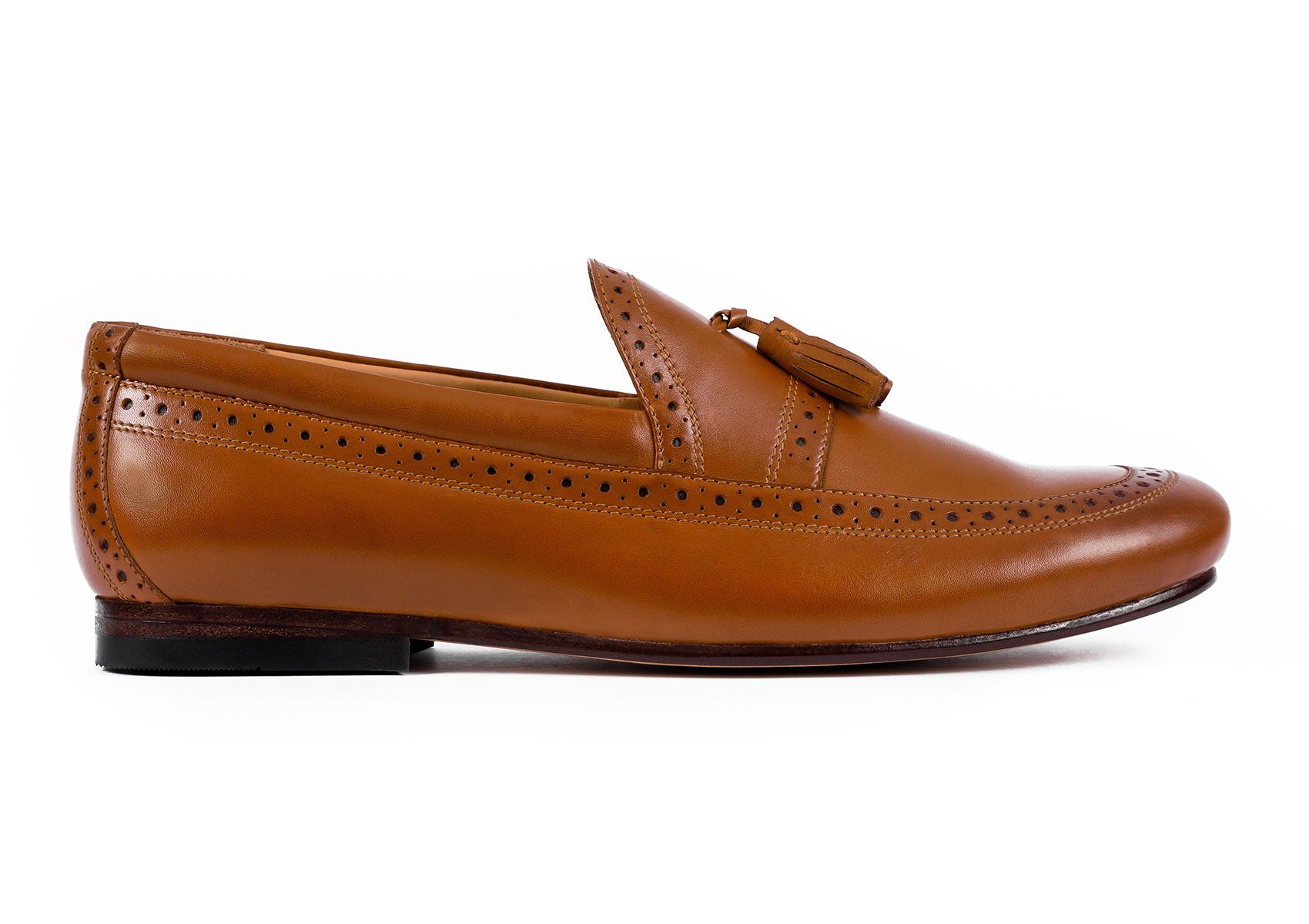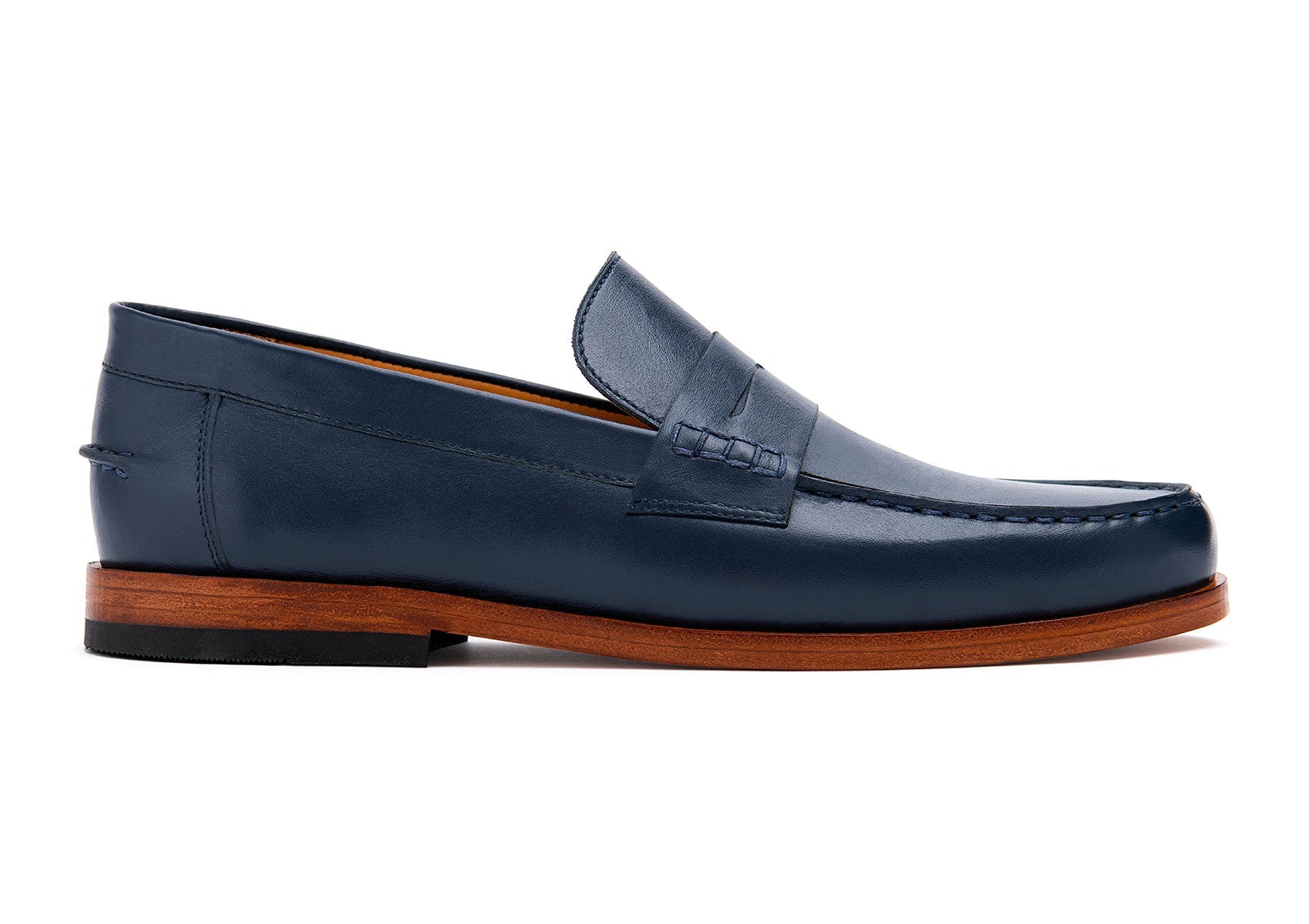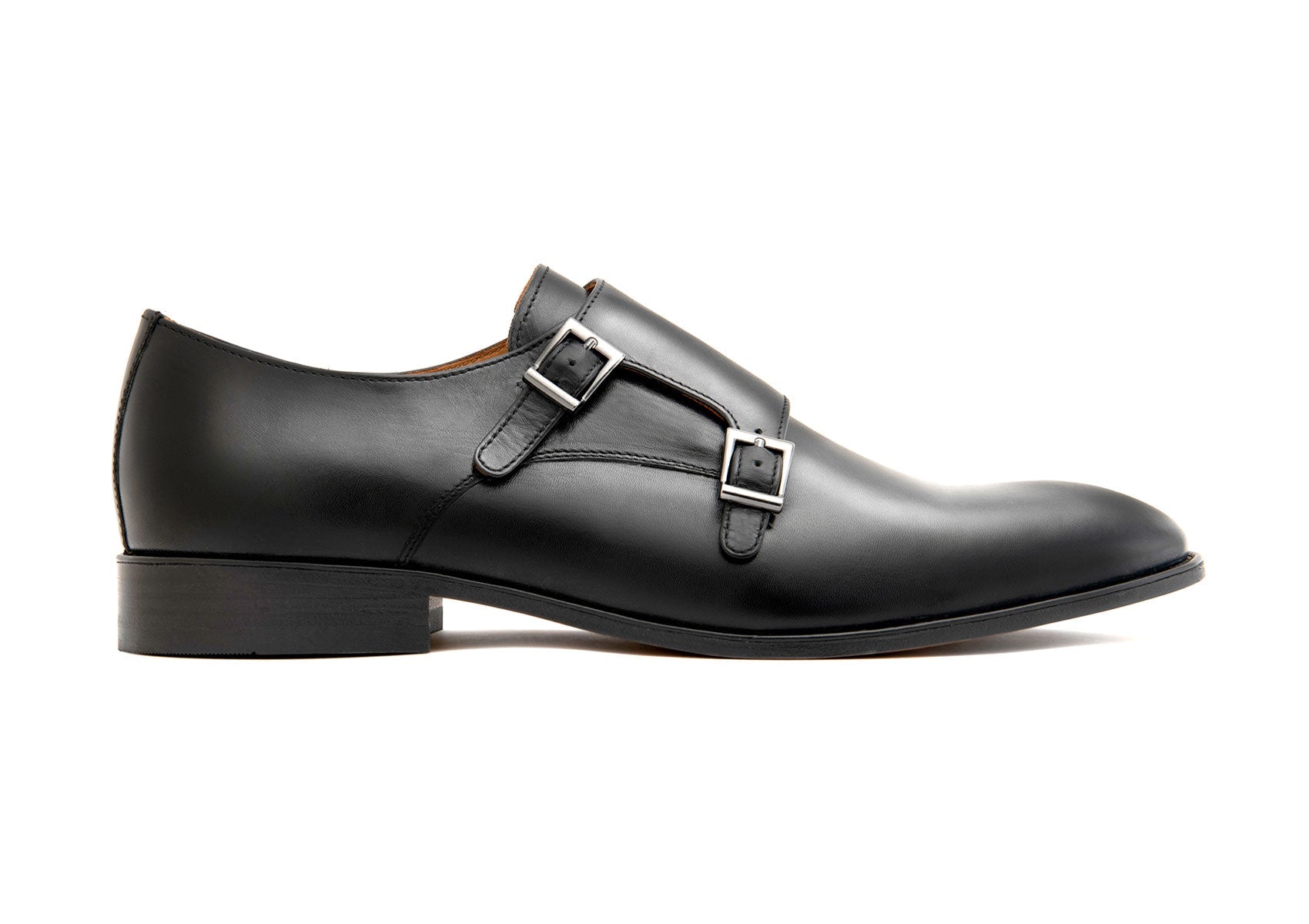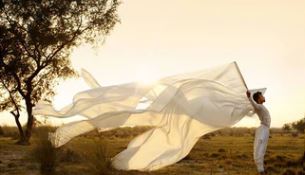Cart
0
Wahab Shah is a Pakistani dancer and choreographer. He studied professional dance in Australia and acquired bachelors in acting from TAFE, Australia. He has choreographed for some of the heavy weights of Bollywood including A. R. Rehman, Sonu Nigam & many more. The 2006 Sufi Festival marked his presence in Pakistan. He is seen as the proponent of modern dance in Pakistan. Lately his impromptu Sufi Dance video went viral and was well received in a country where dance is not considered as a major form of expression.
We’re glad Wahab sat down with us and gave his views on the philosophy of dance, sharing his journey so far and talking about dance as a means of expression in Pakistan.
"I THINK IT'S BEAUTIFUL TO BE A DANCER IN PAKISTAN. I ALWAYS SAY THIS THAT PAKISTAN IS A VIRGIN LAND FOR ARTISTS, FOR DANCERS TO REALLY EXPERIMENT."
When and where did you begin your journey?
I started dancing in the year 2001-02. I had only done my HSE in Australia in 2000 and after that for a year, I was flipping burgers as a young guy and exploring what I wanted to do with my life. My father is a singer so I was kind of inclined towards performing arts. He was an inspiration for me at that point in time. So I began to learn the art of dancing and by 2003, I set up my own dancing company that went by the name of Eastern Flavors. We were a small team of 3 but we put in all the effort and by 2006, we were touring across Australia with artists like Nobel Laureate, musician A. R. Rehman, Jazzy B and others.
In 2006, I moved back to Pakistan and things have been great for us. I have performed for the World's Performing Arts Festival. Later, I was signed up by the Rafi Peer Theatre workshop in Lahore and through that, I was able to travel and perform across the world. During all this time I was learning new things. I learned modern dance at the Sydney Dance Center. This has been my journey so far.
What’s it like to be a dancer in Pakistan?
I think it's beautiful to be a dancer in Pakistan. I always say this that Pakistan is a virgin land for artists, for dancers to really experiment. To an outsider, Pakistan may look like a rough and tough society but when you come in, you see it’s way too accepting and accommodating. So you have an audience who wants to listen to you and if you’re good, they will connect with you. I am also of the view that Pakistan is an easy space for artists like us because there is a lack of competition in terms of performing arts specifically dance.
I also believe that I have grown and improved as a dancer after I came back to Pakistan. Had I been living in Australia, I would have tried way harder to make my mark because there are already way too many people in performing arts there. I am delighted to work in a place I call my home. I have my own company, my people and pallet. I have the liberty to experiment because the market is still nascent.
You’ve performed across the world from Europe to the U.S. What has been your most memorable experience till date?
To be honest, my most memorable experience has been in Pakistan. It was in the North of Pakistan, in the Wakhan Corridor where the Pakistan, China, Tajikistan and Afghanistan borders coincide. There is a shrine at the highest point which goes by the name of Baba Ghundi and I had the privilege to perform there. It was a surreal experience to be there and then being able to perform the dhamal dance.
Besidesthat, in terms of success I would say my performance in Camden Town, London was also remarkable. I was invited by a friend at the City and Islington College, London for a talk. I recited Baba Bulleh Shah’s sufi poetry there and performed it, which was well received. From there on, we went to Camden Town and I just did an impromptu performance on the street and little did I know, it went viral within the span of a few days. I think by now the video has been viewed more than 5 million times. So that in its totality was quite an experience for me.
Tell us a little about your dance company
So it goes by the name of Wahab Shah Dance Company. Before I had permanently moved to Pakistan, I had plans to move to Bollywood to be a commercial choreographer but that did not materialise. But I believe things happen for a reason. I was least sure of where I wanted to take things from there on.But I had in my mind the fact that I had to create a dance style that would represent me and my country. I envisioned to craft modern dance, fused with our local folklore and cultural elements.That has always been my goal.
I think I was able to pull it off by using my training and exposure to create a unique style of dance not being practiced in Pakistan. There is a lot more about the company than mere dance. We have a whole production house, we provide talent, we arrange workshops, engage in editing and provide training so there is a lot we are doing right now and i am glad we are doing good in our own way.
What’s been your inspiration behind performing impromptu street dances?
So before that Camden Town impromptu performance, I had performed in a plethora of shows. It always used to be in a setting like there’s that light, there's that stage and all. It puts you into a box. You have all these frames of references to aid you. But when I performed on the street there was no stage, no lights. Only me and the music.
It was then that it struck me that this is how it should be done. All the Sufi saints did it like this. They used to roam around village to village and sang all these beautiful songs. It was about the message and expression, not how it is to be expressed. They were open minded individuals who loved and were loved for who they were; they didn’t need stages and lights to augment their message. And I think when I performed impromptu at Camden Town London, I could resonate with them. I could feel my work there and then.



Has the lockdown affected your performances? If so, how are you still connected to your fanbase?
Yes it did. I am at home all the time. I eat a lot and I get lazy. But I try to keep myself motivated. I try to go over to the studio every now and then. While at home, I normally just watch the television and stuff. But now, with the lockdown I have more time. I was not well acquainted with social media. I believed that if you’re creative, you don’t need to just push your work in front of everybody. But now while I am at home all the time, I have realized that I have got plenty of work to share. So I am sharing a video everyday. People have started to recognize me and appreciate me. And it is due to the lockdown that I was able to crack that social media is all about just putting yourself out there and if you’re good, people will notice.
Dance & performing arts is not undertaken as a career by choice for the majority of youth. How did you go about it?
I will speak for myself here, I think I didn't choose the profession, it chose me. I took love for art from my father. He was a taxi driver in Australia. Rearing 6 kids was a hectic job but he always made sure there was food on the table. What I really appreciate about him is the fact that during all the hustle, he kept hold of his art. He used to sing. He even started a radio station of his own in Australia. Also sang for TV stations in Pakistan. He always remained true to his art. So he has been my inspiration during all this time.
Also, I think people don’t take it up as a career due to the lack of mentors. There is not enough guidance I believe. I think it is a soul driven profession. You have to put your heart and soul to make art. It is not like crunching numbers.The youth doesn’t want to take it up because it’s different and there is a lack of mentors to teach them. Whoever wants to undertake it as a profession needs to find a community, a family outside of family to connect and push them into this.
Unlike music and film, dance is still considered as “an alien form of expression” in our part of the world. What is your take on this?
You’re right. I think it's the least celebrated performing art in our country. Both in commercial and artistic terms. I think it all comes down to us as individuals and as a community to come forward and propagate it as a powerful medium of expression.
What is Sufi dancing? Do you think such performances can help in marking Pakistan on the map of the world?
It's a larger than life experience. As humans we want to know things. We like to put things into boxes of this and that. For me it’s just a source of expression. It's just me telling a story. It is swaying alongside the breeze and the music. It's like a means of telling a story within. I also think that sufi tradition is embedded within the Pakistani identity. Sufi dancing is about communicating via storytelling. The costumes I wear while I dance, the movements I make are all embodiments of who I am. It is connecting with your inner core and channelising it to convey to the audience.
On International Dance Day, what message would you like to share with the rest of the world?
I always say this in all my interviews. There is always this one thing that somebody once told you or something you read somewhere. That one thing that inspired you but during the midst of life, time and everything else, it faded away and you’ve forgotten about it. Start remembering that one thing and begin to think about it again. Once you remember what it was, start working on it today. Inspiration is important, it pushes you to introspect. Once you’ve done that, just do whatever you want to do. Be happy and dance.
——————————————







